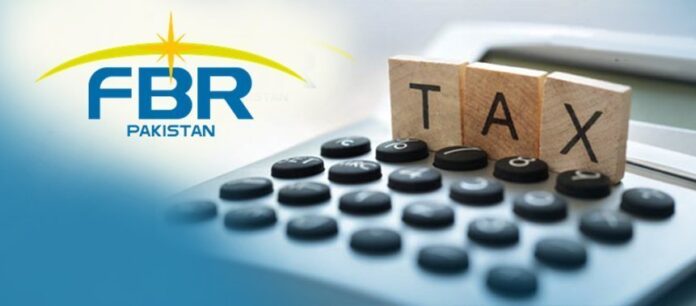In a decisive move to widen the tax net, the government has introduced the Tax Law Amendment Bill 2024-25 in the National Assembly. The proposed legislation intensifies restrictions on non-filers, aiming to curb tax evasion and enhance revenue collection.
The amendment outlines stringent measures to limit the financial activities of non-filers, including:
- Non-filers will be barred from buying vehicles over 800cc. However, they will still be allowed to purchase motorcycles, rickshaws, and tractors.
- Non-filers cannot acquire property beyond a certain value threshold.
- Limits will be imposed on stock purchases by non-filers.
- Non-filers will face prohibitions on opening new bank accounts and restrictions on the number of transactions they can conduct.
Additionally, the bill proposes that unregistered business owners’ bank accounts will be frozen, and they will be prohibited from transferring property. In cases of non-compliance, the government will have the authority to seize or seal properties and businesses of unregistered individuals.
The Federal Board of Revenue (FBR) will issue a list of non-registered individuals whose accounts will be frozen. Accounts and property transactions will remain blocked until the individual registers for sales tax, at which point accounts will be unfrozen within two days. Appeals can be directed to the Chief Commissioner for account restoration.
The government has highlighted that these measures are part of a broader strategy to overhaul the tax system. Finance Minister Muhammad Aurangzeb, speaking at a press conference in Washington, reiterated the need for stringent laws to eliminate the non-filer category entirely. He emphasised that such measures are vital for boosting Pakistan’s tax-to-GDP ratio from 9% to 13%, a critical step for achieving macroeconomic stability.
Aurangzeb also noted improvements in inflation and policy rates, which he attributed to ongoing economic reforms. Leading global rating agencies have reportedly expressed optimism about Pakistan’s economic trajectory under these reforms.
FBR Chairman Rashid Mahmood Langrial has underscored the challenges in the existing taxation system. Addressing a meeting at the Lahore Chamber of Commerce and Industry (LCCI), Langrial revealed that Pakistan’s tax-to-GDP ratio stands at a meager 10.3%, with sales tax contributing only 3% instead of the ideal 5%.
The chairman pointed out a massive shortfall in tax collection, including a Rs3.1 trillion gap in sales tax and Rs2 trillion in income tax. Among the country’s 67 million working-age individuals, only 200,000 high-income earners are paying the correct amount of taxes, leaving significant untapped potential of Rs1.7 trillion in revenue.
Langrial agreed with LCCI President Mian Abuzar Shad’s recommendation for lower tax rates but emphasised that such reductions are only feasible if the taxation system effectively captures revenue from all economic segments.
The proposed bill also recognises families of filers—parents, spouses, and children up to 25 years old—as filers. This provision aims to simplify tax compliance for families while discouraging evasion through the use of unregistered dependents.
The restrictions outlined in the bill could have widespread implications for businesses, especially those unregistered, the new rules could disrupt operations unless immediate steps are taken to comply with tax laws.
Meanwhile for individuals, the inability to access financial services and purchase high-value assets may serve as a compelling incentive to join the tax net.




